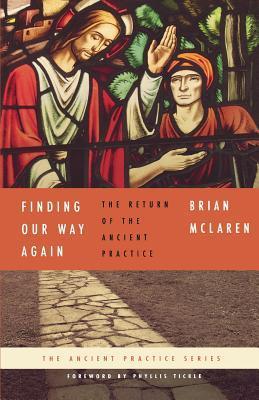What do you think?
Rate this book


226 pages, Paperback
First published May 6, 2008
If the poem's score for perfection is plotted along the horizontal of a graph, and its importance is plotted on the vertical, then calculating the total area of the poem yields the measure of its greatness. A sonnet by Byron may score high on the vertical, but only average on the horizontal. A Shakespearean sonnet, on the other hand, would score high both horizontally and vertically, yielding a massive total area, thereby revealing the poem to be truly great. As you proceed through the poetry in this book, practice this rating method. As your ability to evaluate poems in this matter grows, so will - so will your enjoyment and understanding of poetry.